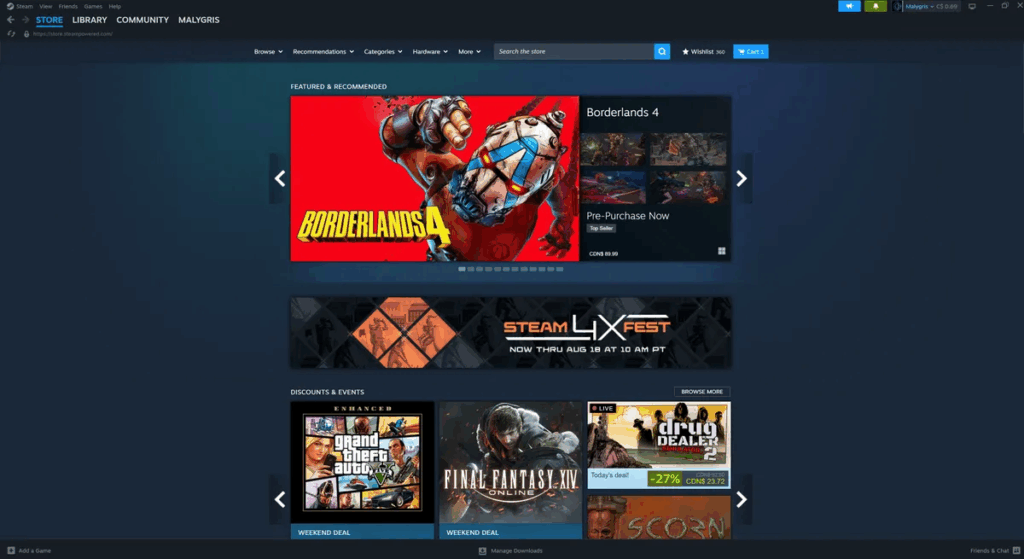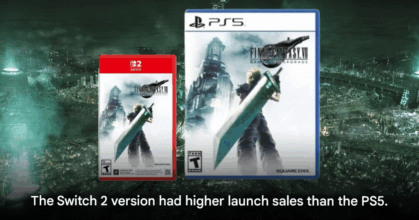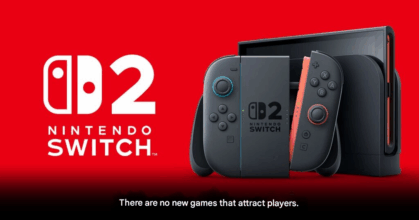Why 28% of Developers Don’t See a Steam Monopoly: The Great PC Gaming Debate

Steam’s Dominance: Unpacking the 28% Who Reject the “Monopoly” Label
For well over a decade, Steam has been the default platform for those looking to buy or sell video games on PC across the globe. Despite alternatives like the Epic Games Store, GOG, and the Xbox PC Games Store, Steam’s enormous user base and superior user experience make it the undisputed marketplace. However, a new whitepaper, The State of PC Game Distribution, from the digital distribution platform Rokky, sparks a deeper discussion about the nature of this dominance.

The Startling Survey Results
The whitepaper, based on an independent study by Atomik Research, surveyed three hundred six executives in the UK and US. A majority of these respondents were C-suite level senior managers from larger companies, making their collective perspective highly influential. The headline finding is clear: seventy-two percent of these game developers believe Steam holds a monopoly on the PC games market.
However, the more intriguing detail lies with the remaining twenty-eight percent who do not believe Steam is a monopoly. This minority opinion exists even though the majority of surveyed companies reported that Steam accounts for more than seventy-five percent of their total revenue. This high reliance provides a clear measure of how essential Valve’s platform is to most studios.
The Competitors and Their Role
The presence of competitors, even if small, might explain why twenty-eight percent reject the monopoly label. The survey found nearly half, forty-eight percent, of respondents have distributed at least one game on either the Epic Games Store or the Xbox PC Games Store. Additionally, ten percent have used GOG, and less than eight percent have utilized Itch.io. Rokky notes that the survey is skewed toward larger companies with diverse portfolios, which explains the higher utilization of rivals like the Epic Games Store over the indie-focused Itch.io.
Ultimately, Rokky co-founder and CEO Vadim Andreev suggested that if Steam has a monopoly, it is largely because no rival has come close to matching its service quality and user base. This suggests that the twenty-eight percent might not view Steam’s success as predatory, but simply as a result of being the best platform currently available.
A Future of Distribution Diversification
Despite the current reliance on Steam, there is a strong consensus regarding the future of distribution. A vast eighty percent of developers expect to use alternative distribution channels alongside Steam in the next five years. This expected diversification includes existing storefronts and specialized platforms like marketplaces (GTA, Kinguin) and bundle specialists (Fanatical, Humble Bundle). Seventy-five percent of developers anticipate at least a ten percent uplift in revenue from using these alternative channels. This forward-looking shift indicates that developers are actively seeking to reduce their heavy reliance on a single platform.
The increasing prominence of e-stores and marketplaces suggests PC game distribution is becoming more varied and complex. This trend offers new opportunities for studios across Southeast Asia and the world, even as it presents new challenges like navigating the gray market.
THIS IS our take:
The twenty-eight percent who deny Steam has a monopoly are either wildly successful outliers who thrive elsewhere, or they have a very high bar for what ‘monopoly’ truly means. Perhaps they view the competition, however small, as sufficient to prevent a legal monopoly, or they genuinely believe that since Steam earned its dominance through superior service, it has not illegally cornered the market. Either way, while the debate rages, everyone is still rushing to list their games on the platform that controls three-quarters of the money.
References:





